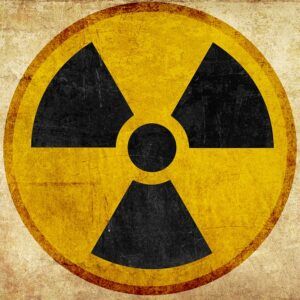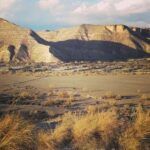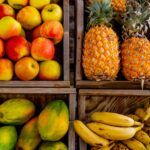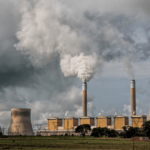The European Atlas of Natural Radiation provides harmonised data on levels of natural radiation across the EU and aims to raise awareness among Europeans of living with natural radioactivity.
The human population is continuously exposed to ionising radiation from several natural sources that can be classified into two broad categories: high-energy cosmic rays and radioactive nuclides that originated in the earth’s crust and are present everywhere in the environment.
In normal circumstances, radon is the most important contributor to the radiation exposure of the human population. Radon is a naturally occurring radioactive gas. It has no smell, colour or taste.
Although the gas occurs naturally and is found in low levels throughout the EU, higher levels of radon put people at greater risk of developing lung cancer. Radon is the second cause of lung cancer after smoking, and the leading cause of lung cancer among people who have never smoked.
European Atlas of Natural Radiation
The European Atlas of Natural Radiation published by the JRC provides reference values for natural sources of radiation across the EU and makes harmonised datasets available to the scientific community and national authorities.
The Atlas is a result of the JRC’s collaboration with over 60 institutions, including universities, research centres, national and European authorities, and international organisations.
“We intend the Atlas to be seen as an encyclopedia of natural radioactivity. It describes the different sources of natural radioactivity in different parts of Europe. It represents the current state-of-the art of the knowledge on this topic”, explains JRC scientist Giorgia Cinelli.
The Atlas also contains a collection of maps showing the levels of natural sources of radiation in different parts of Europe.







Leave a Reply